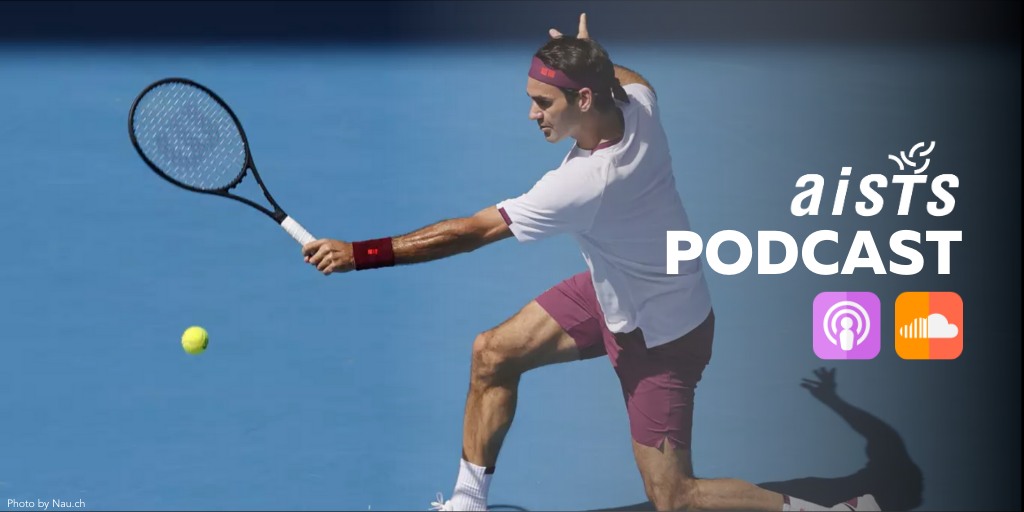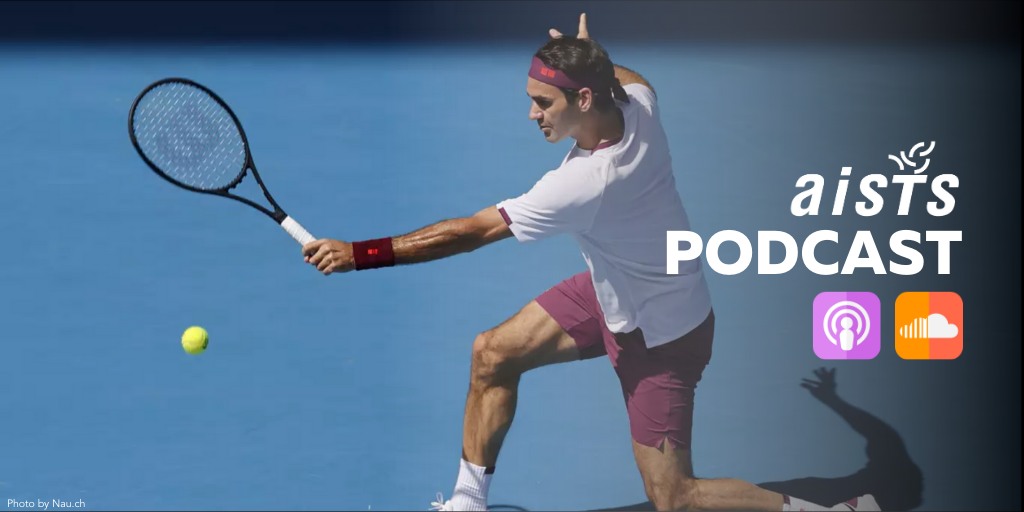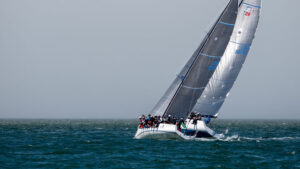
AISTS SPORT MEDICINE PODCAST #57
AGEING ATHLETES: ARE ATHLETES NOW PEAKING IN PERFORMANCE LATER THAN IN THE PAST?
What does Roger Federer, Dara Torres and Tom Brady, have in common?
Their talent and success are not linked to their age! Learn longevity techniques utilized by these professional athletes that will help you perform at your peak longer.
The full transcript of this AISTS Medicine Podcast episode, you can read below:
Alberto: “Hello everyone, and thank you for listening to this session of the AISTS medicine podcast! I am Alberto and I have Paulina here with me. Have you noticed that increasingly the best athletes in the world are not necessarily the youngest?? Think about it. Dara Torres, at age 41 was the oldest swimmer to earn a place on the US Olympic team. Tom Brady, also at age 41 arguably still the best quarterback in the NFL. Paulina, besides yourself, can you think of anybody else??”
Paulina: “I have got plenty! Meb Keflezighi, at 38 the oldest to win the Boston marathon since 1930. Or Jo Pavey, becoming in 2014 the oldest female European 10,000m champion at the age of 40. The hockey star Jaromir Jagr who kept on leading his team to victory at the age of 44. And then there is that tennis player, I think he is Swiss…”
Alberto: “I think you mean Roger. Roger Federer. He goes by the name of GOAT. The oldest man to top the ATP rankings at 37, and the oldest to win a grand slam title since Ken Rosewall in 1972. And he doesn’t look like he wants to slow down at all!”
Paulina: “Wow! These guys are incredible! But it cannot just be pure talent, there must be something else. I think there are be many factors that could make a positive difference in the longevity of an athlete. For example, it looks to me that more than age what limits athletes’ performance in the later stages of their careers is injuries. So how can athletes minimize the risk of injuries?”
Alberto: “Well, surely there is some genetics and individual proneness to injuries that has to be taken into consideration too, but I think you’ve hit the right spot Paulina. Injury prevention is key to longevity, as it is a fact that body repairing mechanisms get slower and slower with age. That is why recovery management is such an important part in general for athletes but even more so at older ages when 15/20 years careers have already taken a toll on the body. But I should add, this is true for athletes who are recovering from an injury and also as a general rule of conduct: sleep and rest are integrating parts of the training itself. Sleep is in fact the foundation of recovery and critical to the management of athletic training regimens.
Paulina: “You are saying that while I sleep I am also training?! I love sleeping!! These are all fair points Alberto, but we haven’t touched on the psychological side yet. Older athletes develop a stronger awareness of the limits of their bodies. This means not rushing to come back to the game after an injury, and also taking time off from competition when needed.
Alberto: “Think about Federer. In mid 2016 he was constantly on and off his best shape due to back issues and recovery from a torn meniscus suffered at the start of the year, therefore playing tournaments but not at 100%. After the loss in Wimbledon semi-final, he decided to pull the plug for the rest of the year. He came back fully recovered and rejuvenated, both in body and in spirit, and 2017 was among the most successful years of his career. I believe this leads us to another crucial concept related to longevity of athletes which is smart training. Knowing yourself, having short- and long-term plans, having the best team of professionals around you and adapting your training as you get older are all factors that play in favour of a long career.”
Paulina: “Yes you are right! For example, marathoner Meb Keflezighi noticed that he required more recovery time between hard efforts so he lengthened his training week cycle from seven days to nine and modified his second easy run of the day with a longer low-impact cross training session which proves that quality is better than quantity.”
Alberto: “Since we are speaking of endurance, do you think the nature of the sport makes a difference?”
Paulina: “Yes! Research shows that in endurance sports, peak age increases for longer events. When performance is determined mainly by explosive power and sprint ability like in gymnastics, the peak age is younger. Meanwhile older athletes are mostly found in sports requiring endurance and higher levels of tactical skills. This in part due to the fact that fast-twitch fibres in muscles that produce speed deteriorate before the slow-twitch fibres that endurance athletes count on and, a fibre that once had fast-twitch capabilities is converted to a slow-twitch fibre. The fibre is now an endurance fibre.”
Alberto: “Then, after considering all these factors of course, it makes sense that we are seeing older athletes! The advantages that they accumulate from experience and maturity are so great that if you can take away physical decline from the equation — or push back that horizon then we’ll be seeing even more of them. If you add on top the ever-increasing level of technology available to training practices and techniques this trend can only get stronger. There is so much going on now: advancements in gear and equipment, data analytics to track performance allowing a better understanding of the areas of improvement. This gives me hope and confidence going forward, I wouldn’t want to stop practicing the sport I love, I want to keep going as long as I can!”
You can find more AISTS Sport Medicine podcast on our Soundcloud channel or on the Apple Podcast app. To learn more about the AISTS Master of Advanced Studies in Sport Administration and Technology, visit https://aists.org/education/masters-degree/
Photo Nau.ch





